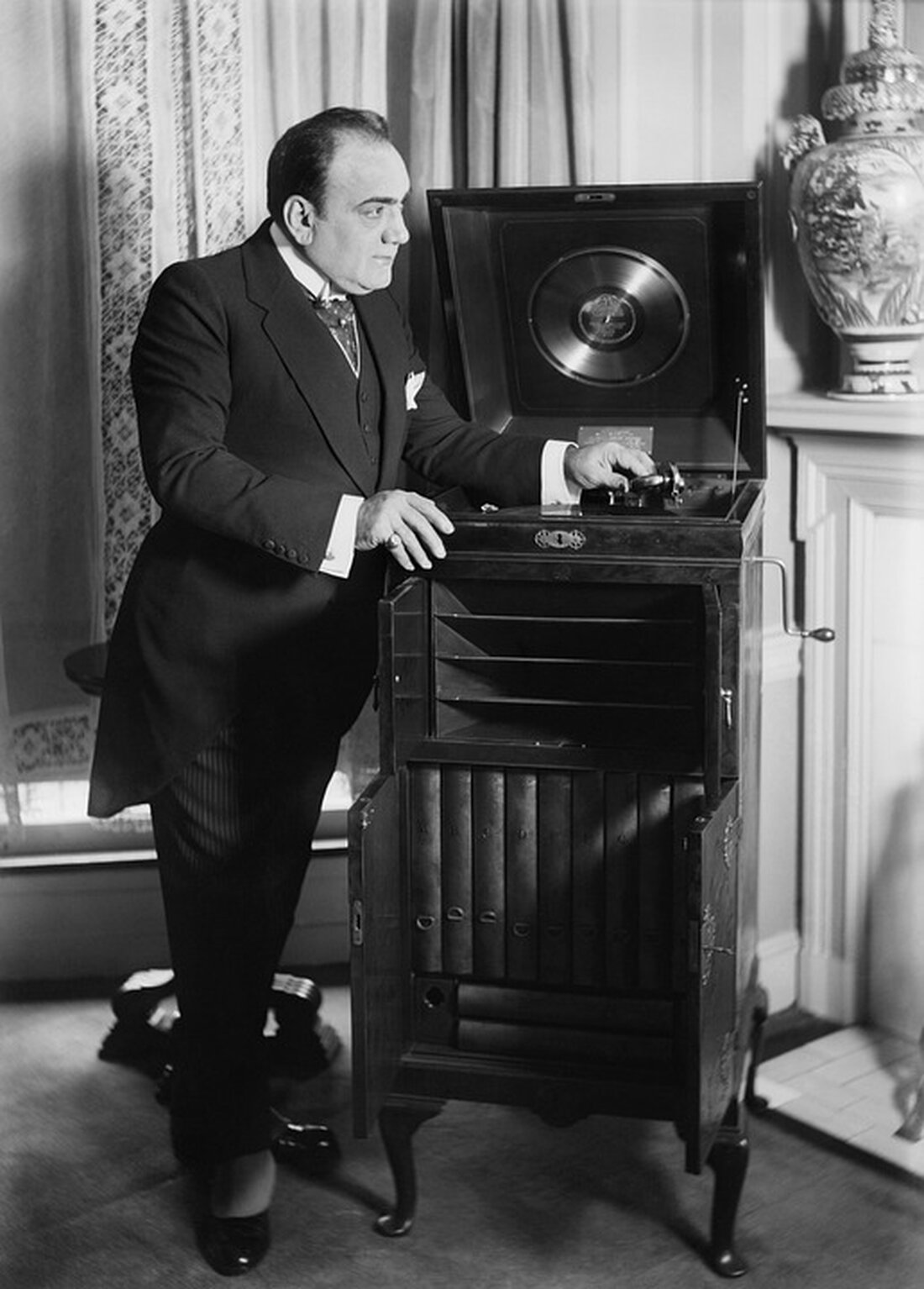Enrico Letta's report on the future of the internal market: megalomania or accurate analysis?
In his report on the future of the internal market, Enrico Letta puts himself in line with Jacques Delors, but he is not another Delors. Find out why in this article.

Enrico Letta's report on the future of the internal market: megalomania or accurate analysis?
In his report on the future of the internal market, Enrico Letta presents a certain parallel to Jacques Delors, whose report in the 1980s paved the way for the completion of the internal market in 1992. But the comparison suggests a slight arrogance. Letta's analysis is basically correct. The world has changed a lot since then, as has the EU, which has grown significantly. However, the internal market is far from complete; in particular, a European capital market is still completely missing. Letta's concrete proposals for the capital markets union therefore hit the mark, but are met with controversial opinions. This would be no different for other issues, such as the indirect demand for shared debts.
Letta may be right on some points, while some of his calls for new EU funding are controversial. However, Letta cannot be seen as a second Delors, as today's EU leadership does not receive the same support that Delors did from Kohl and Mitterrand. But this does not necessarily have to be viewed negatively. It just shows that, despite innovative approaches, Letta does not enjoy the same political backing as his historical role model. Letta's proposals for the further development of the internal market and the Capital Markets Union are undoubtedly important, but they represent only a partial aspect of the complex challenges facing the EU. Letta has therefore initiated an important discussion that will lead to further debates about the future of the European Union and its economic integration.

 Suche
Suche
 Mein Konto
Mein Konto
